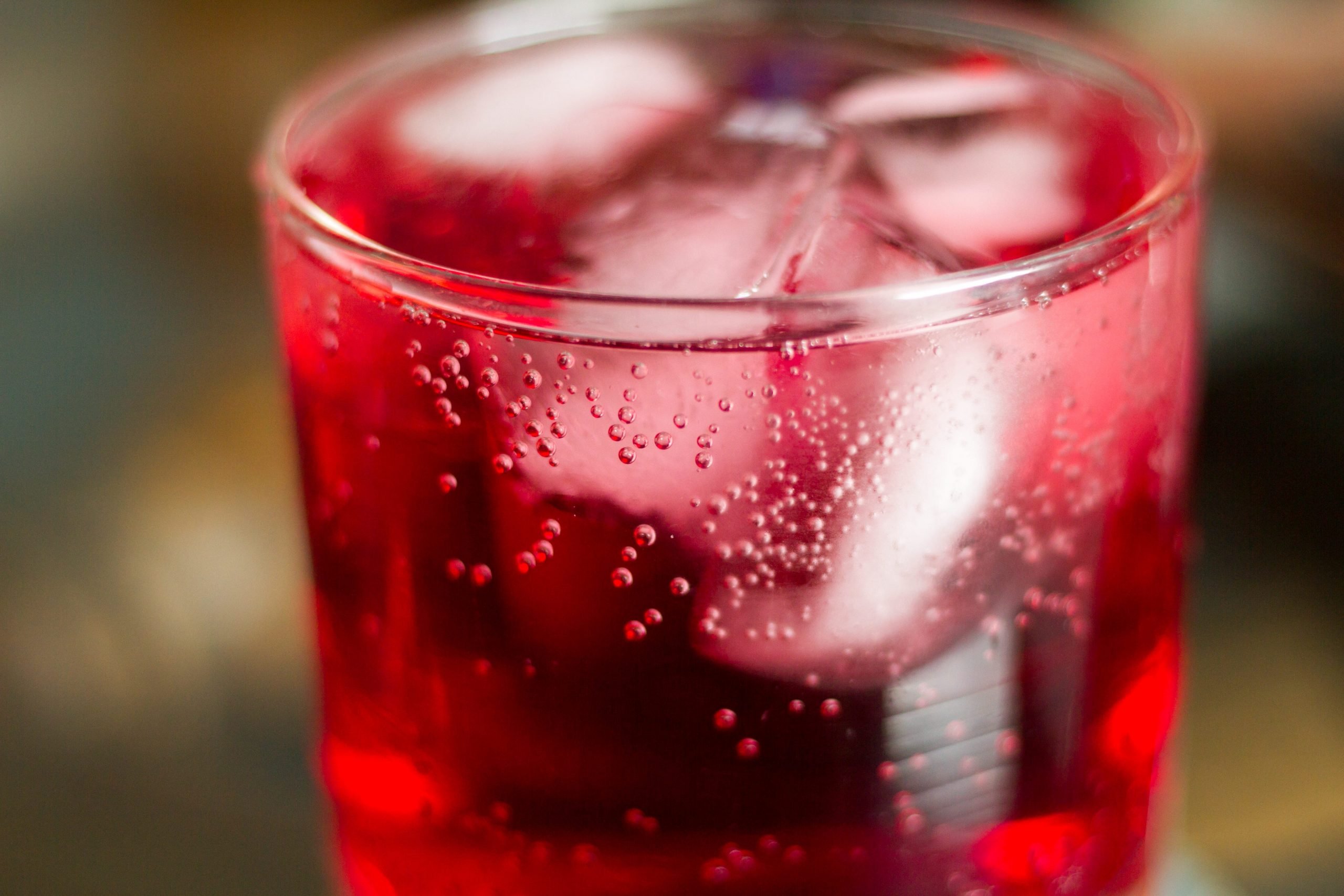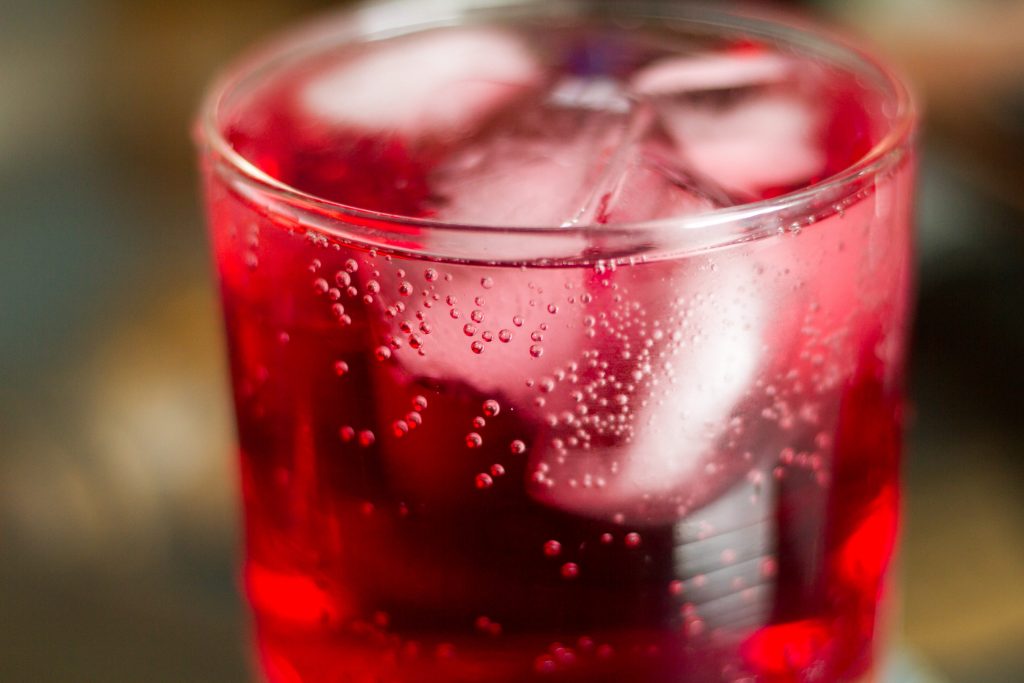
iStock
- Though cranberries cannot cure a UTI if you already have one, they can help prevent future UTIs.
- Cranberries contain a substance called proanthocyanidins (PACs), which helps keep bacteria at bay.
- You should avoid juice and take cranberry supplements that contain around 36 mg of PACs.
- Visit Insider's Health Reference library for more advice.
Urinary tract infections (UTIs) hurt. A lot. It burns when you pee, and you may feel a strong urge to urinate frequently. And unfortunately, they're one of the most common bacterial infections that women can develop – as many as 50% to 60% of women will develop at least one over their lifetime.
If you already have a UTI, then the only treatment is an antibiotic. However, if you're trying to prevent a UTI, cranberries can help. But juice isn't the best option. Here's are ways to prevent UTIs and why cranberries, specifically, can help.
Cranberries can help prevent UTIs
If you go looking for a study that will tell you, definitively, whether or not cranberries will help prevent a UTI, you'll encounter mixed results. One 2012 study involving 1616 women with recurrent UTIs found that cranberry juice was effective in preventing infection, while a smaller 2012 study found no evidence to support this claim.
But the newest guidelines, which were released in 2019, give cranberry the thumbs up. A list of recommendations published in the Journal of Urology, suggests that cranberry can be used as a preventive measure for women with recurrent UTIs, given the rising rates of antibiotic-resistant bacteria that can make finding an effective treatment to knock out a bacterial infection more challenging.
Why? Cranberries contain a substance called proanthocyanidins (PACs). These PACs are chemical compounds from a family of compounds called polyphenols. These compounds give fruits like cranberries their deep red color.
"It prevents the bacteria from sticking to the lining of the bladder, where they can prosper and lead to an infection," says Kathleen Kobashi, a urologist in Seattle.
However, the guidelines also caution that you'll encounter cranberry-containing products with a wide variety of concentrations of PACs. A 2010 study found that 36 milligrams (mg) of cranberry PACs per day was an effective antibacterial dose, but that it may not offer protection for a full 24 hours. The study determined that the most effective way to use cranberry to prevent UTIs is to consistently take two 36mg cranberry PAC doses twice a day.
A 240 milliliter (mL) serving of Ocean Spray cranberry juice contains 36mg of PACs, a sufficient concentration for antibacterial purposes. But Kobashi notes that sweetened cranberry juice can be very high in sugar. One cup of sweetened cranberry juice may contain nearly 30 grams of sugar, which exceeds the recommended daily sugar intake of 25 grams per day for women.
"I wouldn't give people juice, because there's too much sugar and you'd have to drink a ton of the juice," she says. "And fresh cranberries are super tart."
The best way to get the antibacterial benefits of cranberries is to get a supplement at your local drug store, says Kobashi. Just make sure that it contains at least 36 mg of PACs.
Other ways to prevent UTIs
Besides using cranberries, there are some other prevention strategies. Kobashi suggests drinking more fluids daily to dilute your urine and keep it from getting too concentrated. "You are decreasing the concentration of bacteria," she says.
Mary Jane Minkin, MD, clinical professor of obstetrics at Yale School of Medicine, advises women to urinate after sex, which can wash potentially harmful bacteria out of the urethra before it can lead to an infection.
If you tend to experience recurrent UTIs - that is, three or more in a 12-month period, as proven by a urine culture each time - you might benefit from talking to your doctor about taking a low dose of a narrow-spectrum antibiotic on an ongoing basis to prevent future UTIs. A narrow-spectrum antibiotic is designed to only kill targeted bacteria, rather than flushing your whole system with antibiotics and damaging good bacteria in your gut.
Since UTIs in postmenopausal women are often the result of increased vaginal dryness, Minkin recommends trying a vaginal moisturizer to alleviate this issue.
Insider's takeaway
Cranberries are effective as a way to prevent UTIs, but they won't treat an infection.
As for treatment, if you have a UTI, you'll still need to check in with your doctor, not reach for cranberry. Kobashi notes that the 2019 guidelines only specify cranberry products as a prevention strategy, not as a treatment.
The most effective treatment for a UTI is an antibiotic, often a narrow-spectrum antibiotic for an uncomplicated UTI that will kill off the bacteria causing the infection without disrupting other, good bacteria that lives in your body.
